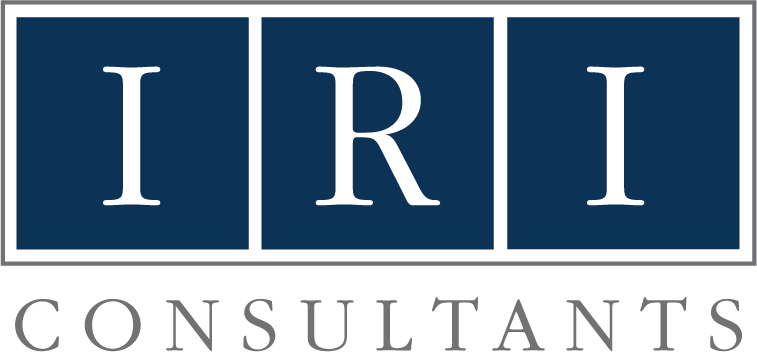Employers today are committed to creating a more diverse and inclusive workforce, employing people across five generations and fostering environments that support remote, hybrid, and in-office work. Because of this, employers are faced with the challenge of navigating different employee expectations and preferences.
Many are focused on Gen Z, as they are the newest generation to enter the workforce and Gen Z is set to overtake Baby Boomers in 2024. However, it’s also important to keep in mind that millennials are now serving in leadership roles. This means it’s equally important to focus on how you are communicating with not only your frontline employees, but your management and leadership teams too.
Millennial Managers – Opportunities
Millennials have been one of the most influential generations in the workforce because they have been on both sides of the giant technological shift that started in the mid-2000’s. Here are a few key insights to keep in mind about these individuals as managers.
Millennials are purpose-drive and value clear communication.
According to a recent study, millennials are the only generation that prioritizes communication as their top skill. Another study found that “a sense of purpose” is driving many millennial-aged managers. Thus, organizations should prioritize and increase their communications with managers, either in-person (1:1 meetings, lunches, etc.) or digitally (emails, newsletters, blogs, etc.) Companies should ensure they align goals and actions to their mission, and support managers in becoming ambassadors to help share the organization’s purpose.
Millennials are incredibly data-driven and tech-savvy.
Millennials are comfortable with a variety of platforms, including email, text, and social media. They also rely heavily on data, statistics, and insights to make critical business decisions. When looking to implement your next change initiative, for example, be transparent with the data and facts that back up your plan. It’s critical to have your managers informed and leading when going through a transformational journey.
Millennials value flexibility and foster collaborative environments.
As purpose-driven managers, millennials heavily focus on creating collaborative, supportive environments that offer team members the flexibility needed to do their jobs to the best of their ability. As such, organizations should look for ways to not only support these managers in flexible environments but also look for ways in which future roles can be adjusted to meet these changing needs.
Millennial Managers – Potential Challenges
On the other hand, millennials have been greatly influenced by more negative events, including the 9/11 attacks and the uncertainties that followed, as well as The Great Recession and subsequent high student loans and debt. These events have led millennials to have a much more pessimistic attitude than their predecessors, which leaves organizations with some potential threats when working with them as managers.
Millennials have an incredibly different outlook than their predecessors.
Although Baby Boomers and Gen-Xers are starting to leave the workforce, many remain – and may be reporting to a millennial manager. Because of different ways of working, this can create tension among teams and between employees, so organizations should look for ways to bridge these gaps and generate a greater understanding of individual expectations and preferences. This can be done through structured management-specific training sessions or facilitated focus groups.
Millennials may have less leadership experience.
Due to the changing workplace, especially the high turnover rate from The Great Resignation, some millennials may have been encouraged to fill vacant positions and step into leadership roles sooner than expected. This may cause concerns from the managers themselves, as well as those that report to them. Take the time to implement management-specific engagement surveys to gauge where your leaders are at, what skills they are looking to advance, and how best to provide trainings, resources, and tools to ensure they feel comfortable and confident in their role.
Millennials are facing high burnout rates.
Another study found that millennials and Gen Z are currently the most overwhelmed generations in the workforce. This is important to note because as millennials step into management roles, their burnout may cascade throughout their team. Take the time to understand what these managers need, and adjust your Employee Assistance Programs, for example, to accommodate these needs.
Ultimately, understanding the wants and needs of all members of an organization – from interns to middle managers and senior leaders – is important when looking to foster respect in the workplace and minimize conflict, such as disruptive events like union organizing efforts.
At IRI, we’ve given C-suite executives the tools and support they need to be true champions for their organizations. We believe every business is different, and each requires its own holistic and customized approach to communications. Whether you need an internal communications assessment, guidance in developing your internal communications strategy or social media strategy, digital media intelligence, crisis communications services, media relations, or media training, we have expert communications consultants who can quickly provide a specialized solution. Contact us online today to discuss the next steps, or give us a call at (313) 965-0350.
